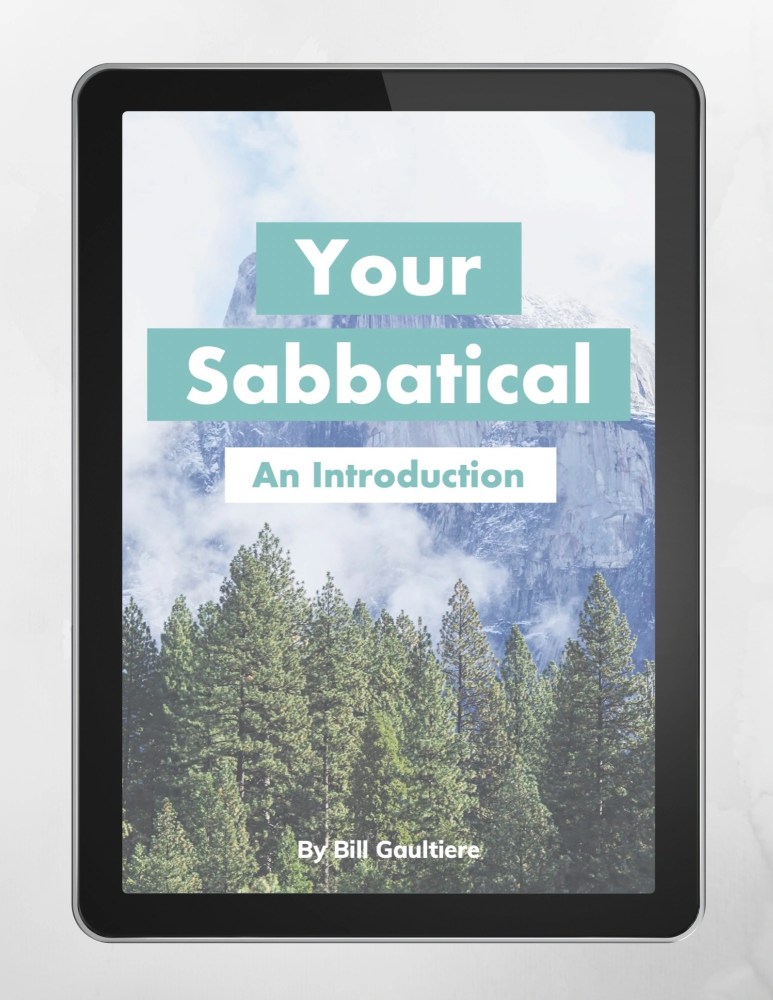“In your life and ministry what is the Gospel according to you? How do you convey the Good News of Jesus?” This is the question that Dallas Willard asked me and a group of twenty pastors in his Doctor of Ministry class. Most of the pastors there preached that Christ died for our sins so we could be forgiven and go to heaven.
In The Divine Conspiracy (p. 321) Dallas writes, “When the elderly apostle John, who had been the ‘kid’ among the apostles, came near to the end of his long life he said, ‘This is the message we heard from Jesus…’ (1 John 1:5).” How would you finish his sentence for him? How would the people you minister to finish John’s sentence? Here’s what John had to say, “God is light and in Him there is no darkness, none at all.” (The Greek has a double negative.)
Where Do You Put the Period?
In class Dallas read 1 Corinthians 15:1-9 to us, where Paul is summarizing the Gospel that changed his life and became his ministry, saying, “What I received I passed on to you as of first importance that Christ died for our sins…” Then Dallas stopped reading and asked us, “Is there a period after ‘Christ died for our sins’?”
Then he continued reading through Paul’s account of Christ’s resurrection and appearances, showing us that the period to the sentence (in the Greek) doesn’t come all the way until after verse nine! Of course, the cross of Christ is essential!, but by itself it is not enough — it is the risen Christ that we need to overcome our sins and be the light of the world. Our resurrected Lord shows up in our life to act today and we can join in with what he is doing — there is no Gospel for us without this. Dallas says, “The problem is that people accept that Jesus died on the cross for their sins and then they’re off to live their life on their own.”
When we instead rely on the risen Christ at work in our lives then we come into the light of God’s good government over us, his Kingdom of the Heavens. “We experience it,” Dallas explains, “because we put our confidence constantly in Jesus, not just something he did or said, but him, the Person.” The Gospel is the message that new life in Jesus Christ can take over our lives so that God’s goodness and peace reigns over us and illuminates us, increasingly so into eternity.
The Good News of John Wesley
Consider John Wesley’s famous answer to being asked what his Gospel message was and what good it did for people:
I do preach to as many as desire to hear, every night and morning. You ask, what I would do with them: I would make them virtuous and happy, easy in themselves, and useful to others. Whither would I lead them? To heaven; to God the judge, the Lover of all, and to Jesus the Mediator of the new Covenant. What religion do I preach? The religion of love; the law of kindness brought to light by the gospel. What is it good for? To make all who receive it enjoy God and themselves: to make them like God; lovers of all; contented in their lives; and crying out at their death, in calm assurance, “O grave, where is thy victory! Thanks be to God, who giveth me the victory, through my Lord Jesus Christ.
 Jesus’ Gospel
Jesus’ Gospel
The Gospel is not: “Jesus died for your sins and if you will just believe this fact then you will be forgiven and can go to heaven when you die.”
The Gospel is not: “Jesus is all about love so reach out to the poor and marginalized and love them to make God’s love known in this world.”
The Gospel is not: “Center your life on the programs of the church and support it and it will take care of you now and for eternity.”
Of course, there is no Good News without the cross, loving the needy, and Christian community! However, none of the three partial gospels offer a compelling and comprehensive picture of life that will naturally lead to becoming Jesus’ apprentice and being transformed — only the Gospel of Jesus and his Apostles does that.
Jesus’ Gospel is: “Re-think how you’re living your life in light of your opportunity to do what you’re doing with me in the Kingdom of the Heavens.” (Matt. 4:17, par.)
Truly the only way to be virtuous and happy, as John Wesley described, is to learn to do all that you do in Jesus’ easy yoke. This is the message in my book Your Best Life In Jesus’ Easy Yoke. This book is heavily influenced by my years of being personally mentored by Dallas Willard. He commented on this book: “This is ground-breaking! Pastors and others will come under this teaching and develop aspects of it in their own ministry.”










